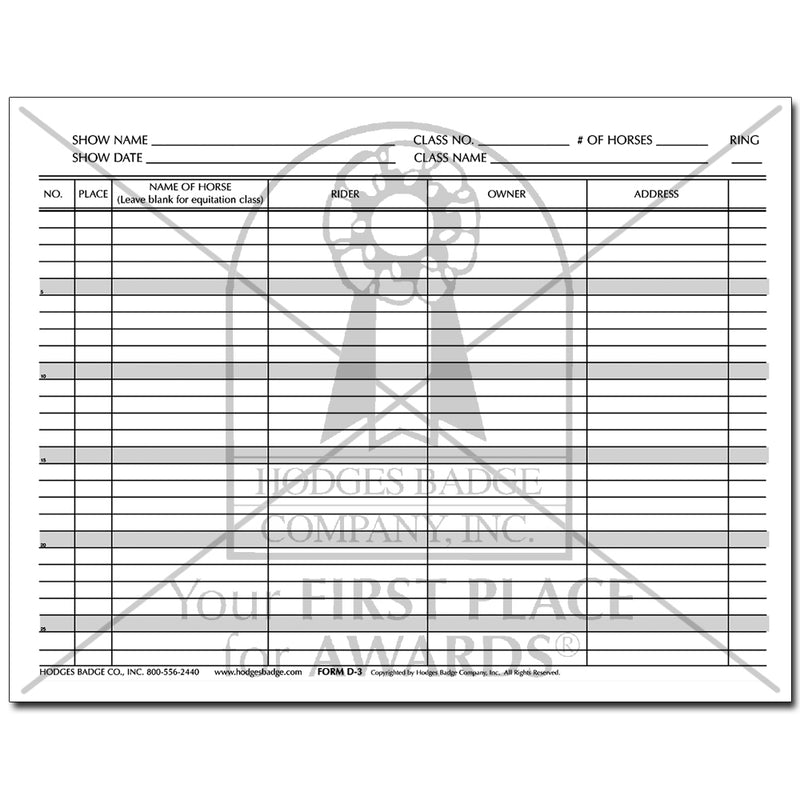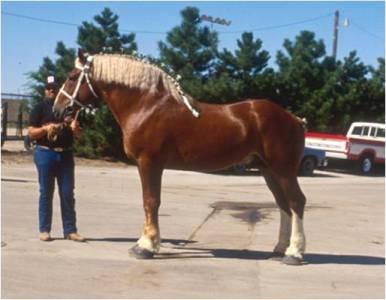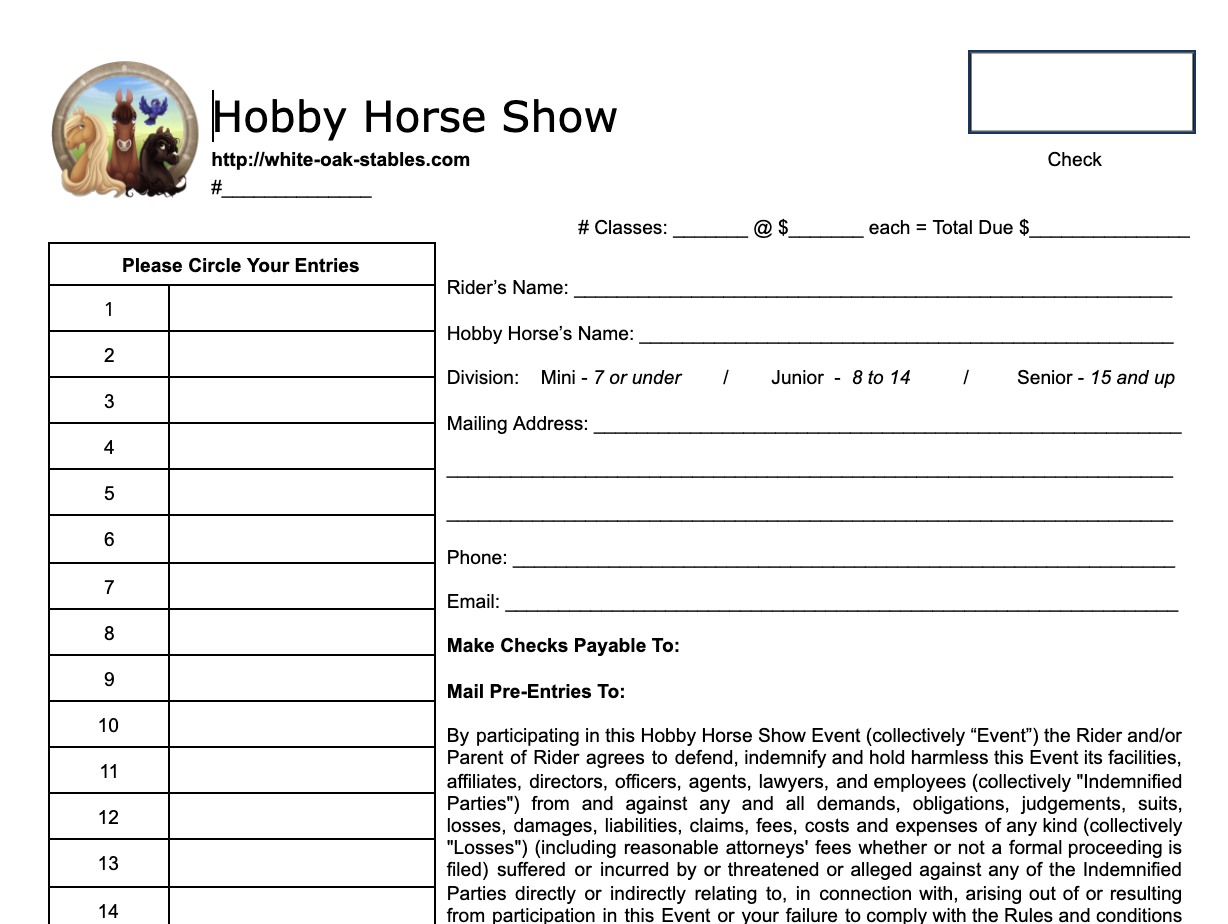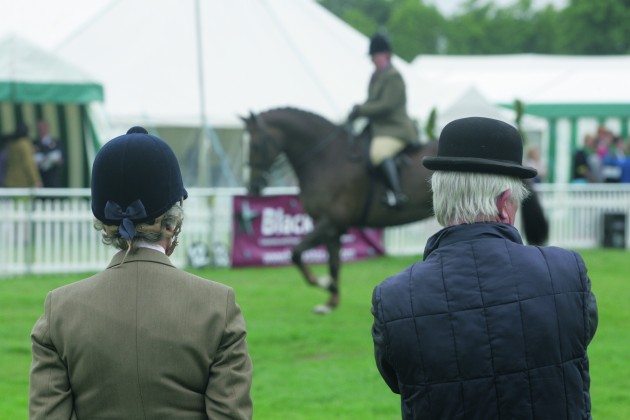What Judges Look for in Horse Shows

Horse shows are competitive events where horses and riders are evaluated on various criteria depending on the discipline. Understanding what judges look for can help competitors prepare effectively and improve their performance. This article explores the key aspects judges consider during horse shows.
Key Criteria Judges Evaluate

| Criterion | Description |
|---|---|
| Conformation | The horse’s physical build and structure, including balance, symmetry, and soundness. |
| Movement | How the horse moves, including gait quality, fluidity, and correctness of steps. |
| Performance | Execution of required tasks or routines, responsiveness, and overall presentation. |
| Manners and Behavior | The horse’s temperament, obedience, and how well it handles the show environment. |
| Rider’s Skill | The rider’s ability to control and communicate with the horse effectively. |
Detailed Breakdown

Conformation
Judges assess the horse’s body structure to ensure it meets breed standards and is suitable for the discipline. Good conformation contributes to the horse’s soundness and athletic ability.
Movement
Movement is scrutinized for rhythm, stride length, and smoothness. Judges look for natural, effortless gaits that demonstrate the horse’s training and physical condition.
Performance
This includes how well the horse and rider execute patterns, jumps, or dressage movements. Precision, timing, and adherence to the rules are critical.
Manners and Behavior
A calm, attentive horse that responds promptly to the rider’s cues scores higher. Judges penalize horses that are distracted, resistant, or display poor behavior.
Rider’s Skill
The rider’s posture, control, and ability to guide the horse seamlessly are evaluated. Effective communication between horse and rider is essential for a successful performance.
Tips for Competitors
- Prepare Thoroughly: Understand the specific requirements of your discipline.
- Train Consistently: Focus on improving weak areas identified in past performances.
- Maintain Horse Health: Regular vet check-ups and proper nutrition are vital.
- Practice Showmanship: Presentation and confidence can influence judges positively.
Frequently Asked Questions (FAQs)
Q1: Do judges favor certain horse breeds?
A: Judges evaluate based on breed standards relevant to the competition, not personal preference.
Q2: How important is the rider compared to the horse?
A: Both are crucial; a skilled rider can enhance a horse’s performance, but the horse’s qualities are equally important.
Q3: Can a horse’s behavior affect scoring?
A: Yes, poor behavior can lead to penalties or lower scores.
Q4: What should I focus on during training?
A: Emphasize conformation, movement, and responsiveness to rider cues.
Understanding these judging criteria can help competitors prepare strategically and perform confidently in horse shows. With dedication and knowledge, both horse and rider can excel in the competitive arena.
